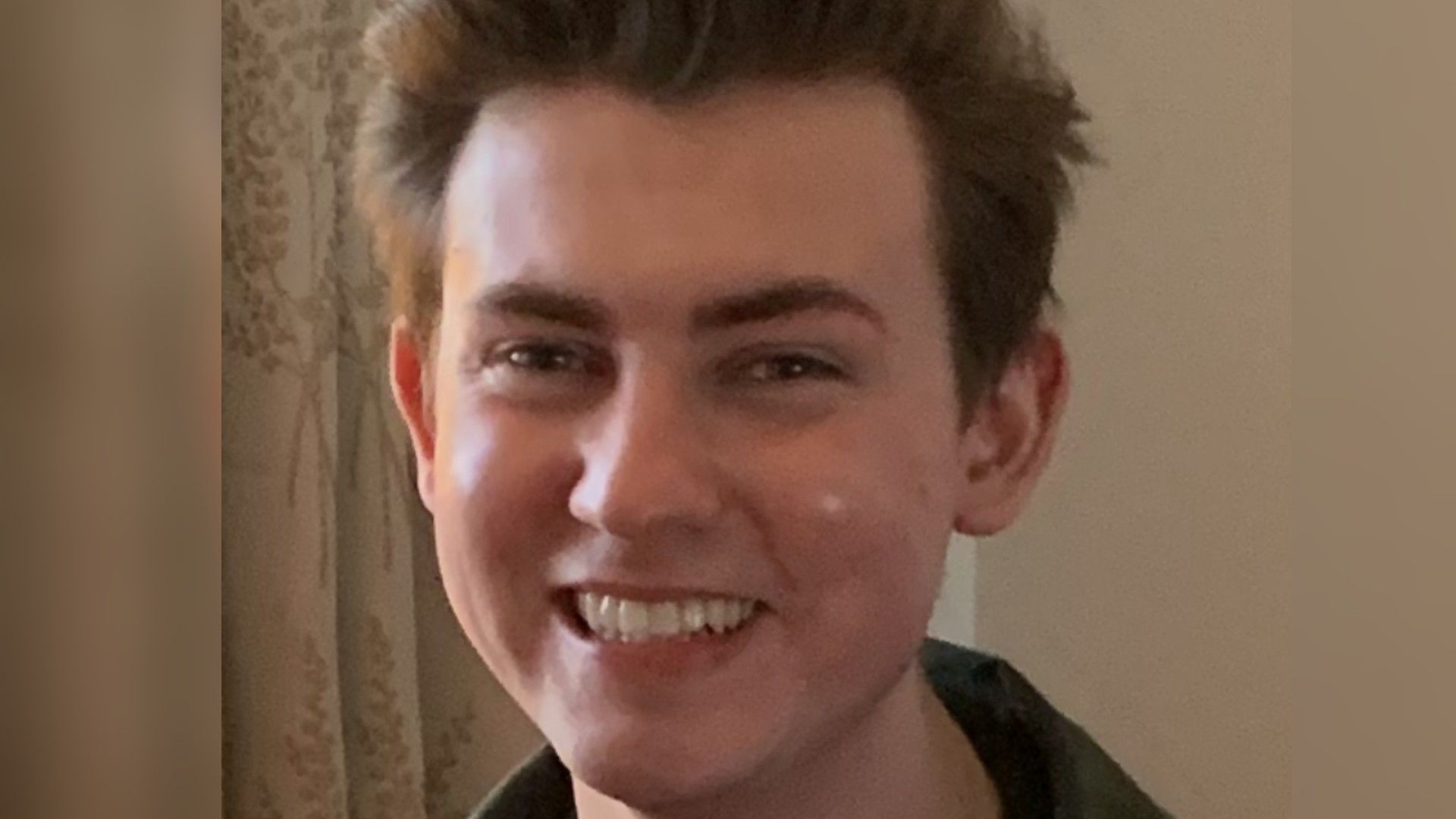A 23-year-old University of Glasgow student took his own life on the day he was due to graduate after the institution mistakenly told him he had not earned enough credits, an error later acknowledged in an internal report that the university described as a “tragic” mistake and for which it offered a “sincere apology”. Ethan Scott Brown died on 13 December 2024, three months after being informed he would not be eligible to graduate; his family say the notice shattered his confidence and future plans and that the error was not caught by multiple layers of academic scrutiny. In a statement released after the family pressed for answers, the university confirmed it had wrongly informed him in September that he lacked the necessary credits and said a review found failures both in the calculation of his degree outcome and in communications, including the fact that he was not referred to student support services after disclosing wellbeing concerns.
The circumstances were set out publicly this week at a press conference in Glasgow, where Brown’s mother, Tracy Scott, read a statement describing her son’s final months and the family’s efforts to obtain a full account from the university. “Ethan was a kind, caring young man who was very much loved. So it breaks my heart to now be aware of the mental anguish this university must have caused my son,” she said. “Ethan left this world believing he had failed, and the University of Glasgow were correct. The truth is, Ethan had successfully attained a 2:1 honours degree, despite the university repeatedly informing him he had been unsuccessful.” She added: “They failed him, not only academically, but also to support him.”
According to the family, the error originated when Brown was recorded as not having been awarded a grade for one course, which in turn meant he was told he would be unable to receive an Honours degree. They allege the mistake evaded detection by two internal exam boards and an external exam board, and that staff did not identify it before the December graduation period. His mother found him at home on the morning of 13 December, the day he should have been receiving his degree; within a month the family contacted the university, which commissioned a review by a recently retired senior professor. The university said the deputy vice-chancellor and the author of the report met representatives of the family in early February to explain the findings and deliver an apology.
In its statement, the university said: “The report found that a tragic error had been made in calculating Ethan’s degree outcome,” adding that “this error should have been picked up during the exam board process” and that the institution had also identified “a shortcoming in communications” because Brown “was not referred to Student Support Services when he disclosed wellbeing concerns”. The university said it had checked all records and was “confident that the error in relation to Ethan’s marks was an isolated one and that no other students have been affected,” while pledging “a thorough review of our academic and wellbeing policies and practices” and revised training for staff involved in exam boards. “We are profoundly sorry that this terrible event occurred and understand the deep distress it has caused Ethan’s family,” the statement concluded.
